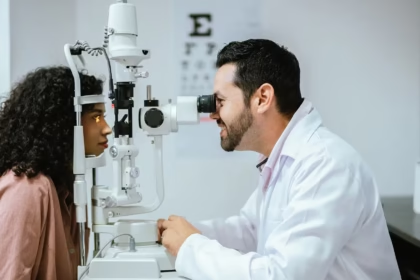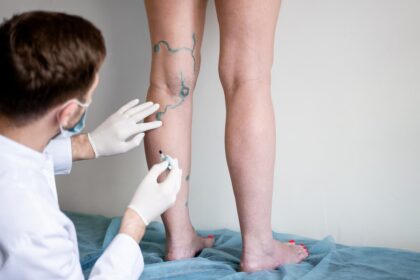When you need medical attention for a non-life-threatening issue, an urgent care clinic offers a convenient option. These centers bridge the gap between your primary care physician and the emergency room. They treat a range of common illnesses and injuries, including respiratory infections, minor cuts, sprains, and skin rashes. Here are some things to expect during your visit to urgent care:
Checking Baseline Health
Your visit begins at the front desk, where staff members request identification and insurance information. You will fill out forms about your medical history, current health concerns, and any recent travel or exposure to illnesses. Providing accurate information helps clinic staff and makes your visit more efficient.
A nurse will bring you into an exam room where they measure your height and weight. They also take vital signs such as your temperature, blood pressure, pulse, and oxygen levels. If you have a specific symptom, such as a cough or stomach pain, you may be asked follow-up questions to provide more details about your condition.
The nurse should also review your recent healthcare visits, current medications, and known allergies. Mention any chronic conditions like asthma or diabetes. The more information you share, the better the healthcare provider will understand your baseline health.
Consulting With a Doctor
The urgent care doctor will review the details gathered during your baseline health check, then talk with you about your symptoms and concerns. Explain when your symptoms began, how they have changed, and what makes them better or worse. The provider often asks questions about the severity of your pain and whether you have any new or unusual symptoms.
A physical examination focuses on the areas related to your symptoms. If you are experiencing breathing problems, the doctor might listen to your lungs and check your throat. In case of an injury, such as a suspected sprain, the provider will inspect the affected joint, test its movement, and look for swelling or bruising. You might receive initial advice or recommendations for symptom management, such as rest or over-the-counter medication.
Completing Diagnostic Tests
Some urgent care visits require additional tests to support an accurate diagnosis. Clinics are typically equipped with basic laboratory and imaging facilities, which allow tests to be done during your visit. Potential tests include:
- A rapid strep test or a throat culture to check for bacterial infection if you report a sore throat
- A urine sample for analysis if you have symptoms suggesting a urinary tract infection
- X-rays are commonly used to check for broken bones or joint damage
- Rapid blood tests that screen for flu, COVID-19, or other infections
Staff members will explain the process, such as how you will be positioned for a scan and how long the test may take. Results for many tests are available within minutes, while others may take longer. Staff will inform you when to expect test results and outline the next steps, whether this involves waiting at the clinic or receiving a follow-up call.
Visit an Urgent Care Clinic
From the initial paperwork and baseline health checks to the discussion with a provider and any tests performed, each stage is designed to help identify the cause of your symptoms. This approach supports thorough evaluation and prompt recommendations for next steps. If you experience a sudden illness or minor injury, contact your local urgent care clinic for assistance. Schedule your visit today or walk in as needed to receive a timely assessment.









